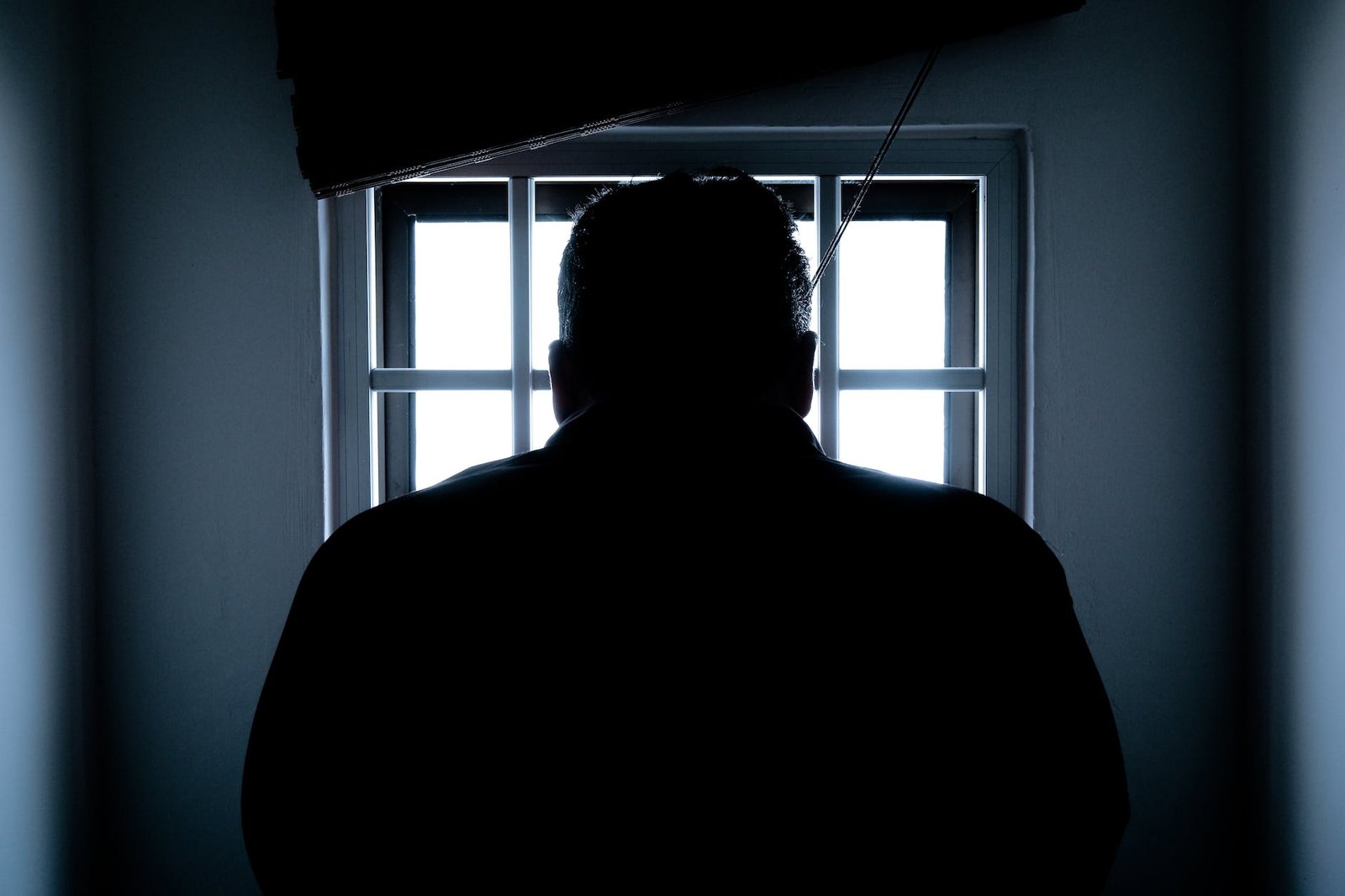The Importance of Understanding the Parole System
When it comes to the criminal justice system in the United States, there are many aspects that are often misunderstood. One area that is shrouded in misconceptions is the parole system. It is important to have a clear understanding of how parole works in order to dispel these misconceptions and advocate for a fair and just system.
What is Parole?
Parole is a conditional release of a prisoner before the completion of their sentence. It is granted by a parole board, which evaluates the prisoner’s behavior and likelihood of successfully reintegrating into society. Parole is not a right, but rather a privilege that is earned through good behavior and participation in rehabilitation programs.
Misconception 1: Parole is an Early Release
One common misconception about parole is that it is an early release from prison. However, this is not entirely accurate. Parole is granted to individuals who have already served a portion of their sentence and have demonstrated a commitment to rehabilitation. It is not a way to avoid serving time in prison, but rather a way to transition back into society under supervision.
Misconception 2: Parolees are Dangerous
Another misconception is that parolees are dangerous individuals who pose a threat to society. While it is true that some individuals on parole may have committed serious crimes, the parole system is designed to assess the risk and provide necessary supervision and support. Parolees are closely monitored and required to meet certain conditions, such as regular check-ins with a parole officer and participation in treatment programs.
Misconception 3: Parole is an Easy Way Out
There is a misconception that parole is an easy way out for individuals who have been convicted of a crime. However, the parole process is rigorous and requires individuals to demonstrate significant progress in their rehabilitation. Parole boards carefully evaluate the prisoner’s behavior, participation in programs, and future plans to ensure that they are ready to reenter society and lead a law-abiding life.
Advocating for a Fair and Just Parole System
Understanding the misconceptions surrounding the parole system is essential for advocating for a fair and just system. It is important to educate others about the purpose of parole and the rigorous process involved. By dispelling these misconceptions, we can promote a system that focuses on rehabilitation and successful reintegration into society.
Conclusion
The parole system within the United States is often misunderstood. It is not an early release from prison, but rather a conditional release granted to individuals who have demonstrated a commitment to rehabilitation. Parolees are closely monitored and required to meet certain conditions. It is important to dispel the misconceptions surrounding the parole system in order to advocate for a fair and just system that focuses on rehabilitation and successful reintegration into society.




0 Comments